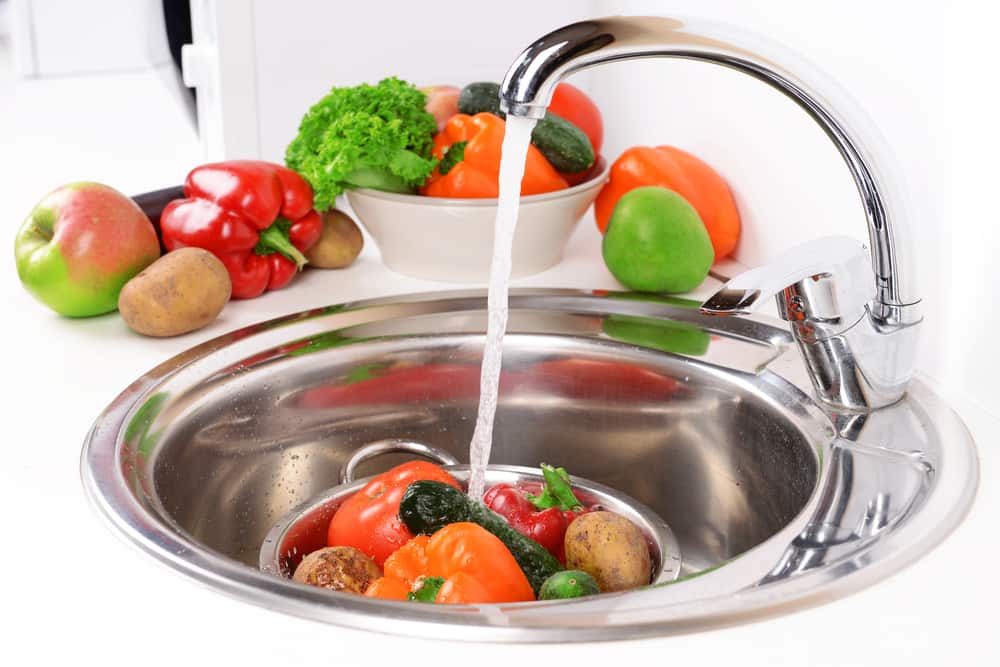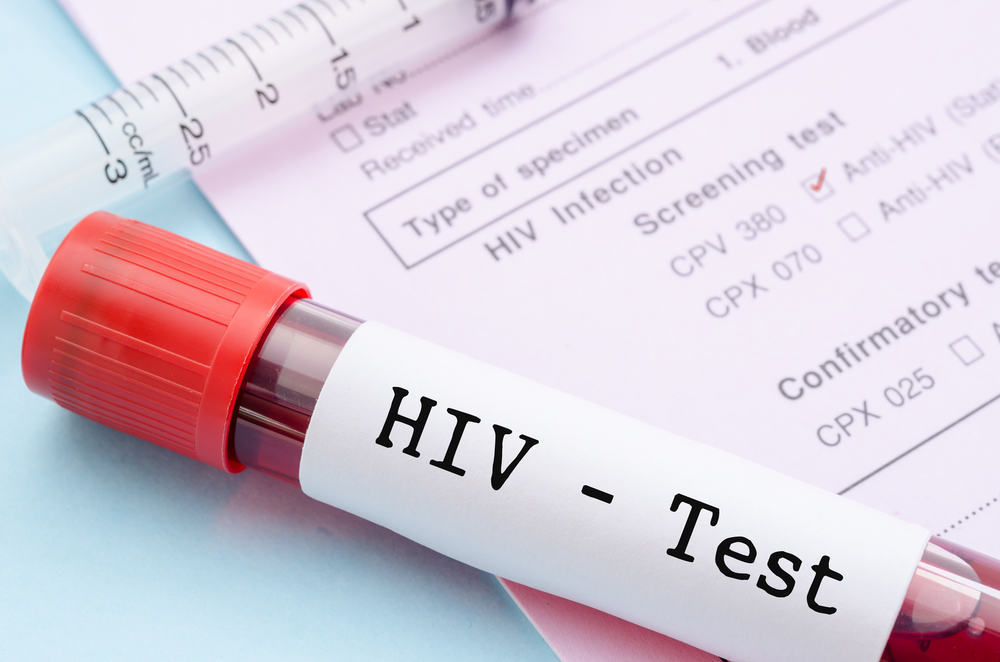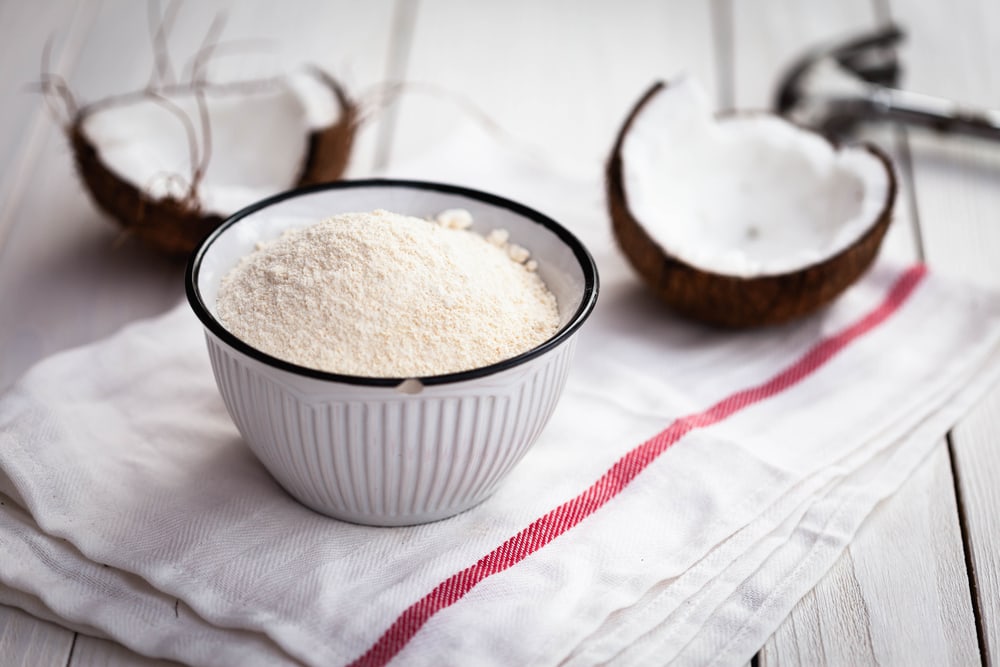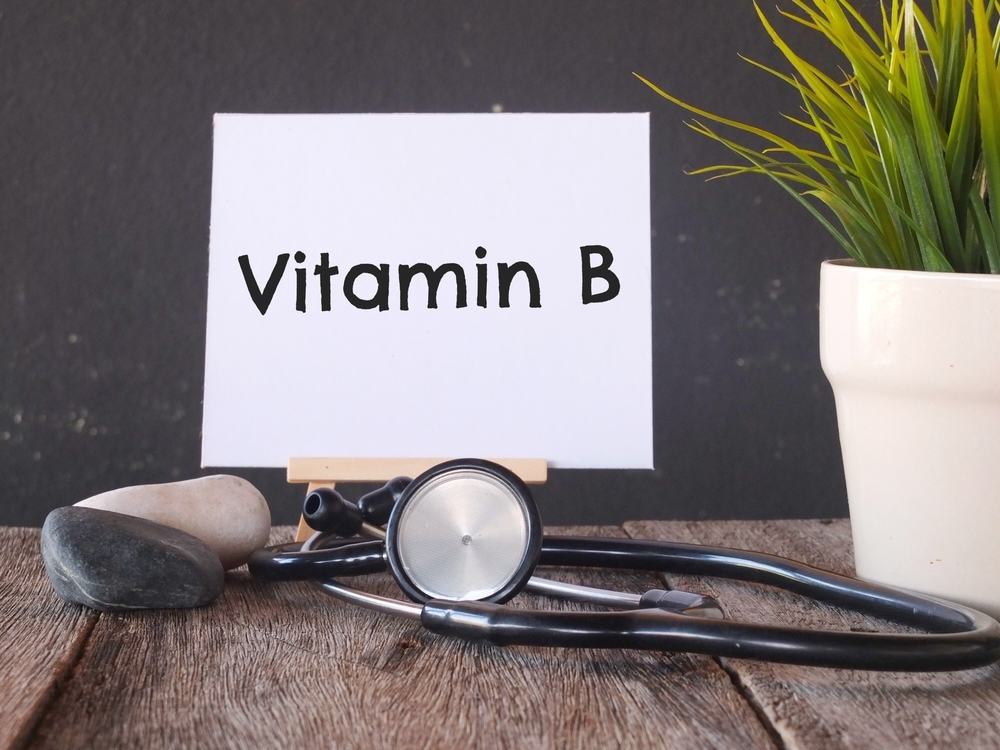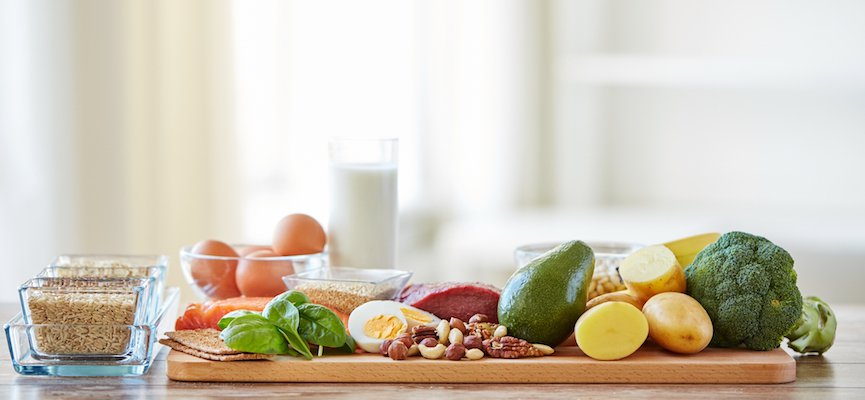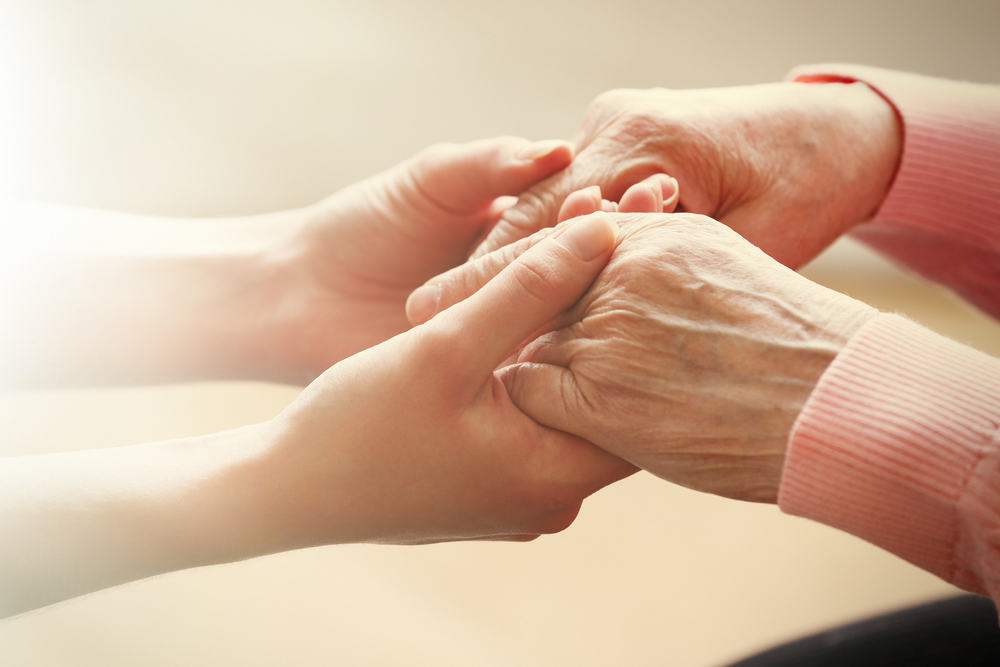Contents:
- Medical Video: How the food you eat affects your brain - Mia Nacamulli
- Dirty food affects mental health
- How does food affect your mental health?
- How to prevent food contamination?
Medical Video: How the food you eat affects your brain - Mia Nacamulli
You don't just need foods that are rich in nutrients to get mentally and physically healthy. However, the thing that you should also pay attention to is the cleanliness of the food, whether it's from cleanliness to processing to serving food. Because, not a few who experience pain due to food poisoning or foodborne illness (foodboorne disease) In fact, not only makes you physically ill, your mental health will also be disrupted due to the food you eat is not clean.
Dirty food affects mental health
Maybe what you often know, eating dirty and dirty foods will only affect your digestive health, such as diarrhea, abdominal cramps, vomiting, nausea and so on.
But in some studies, food hygiene can also cause you to experience mental disorders. Like research reported in the Journal of Food Protection. This research proves that bacteria in food can also have a negative impact on mental health and the brain.
Some mental disorders that may occur due to food that is not clean and contains bacterial diseases are:
- Depression
- Autism
- Anxiety disorders
- Taurette syndrome
- Schizophrenia
Foods that are contaminated with bacteria are only one of the risk factors for these mental disorders, not the main cause.
How does food affect your mental health?
There are several types of bacteria and pathogens that can directly affect the work of the brain, so that your mental health is disrupted. For example, like the parasite Taenia solium and Toxoplasma gondii, both are parasites that can directly affect the functioning of your brain.
For other mental disorders, although the connection is not yet known with certainty, the researchers stated that this could occur indirectly, namely through the immune system pathway. In general, all bacteria and germs that are in contaminated food or drink can make a person's immune system weak.
This weak body's defense can then increase a person's risk of experiencing mental disorders - so it's not the main cause.
How to prevent food contamination?
In order for your food to be free of bacteria and germs, you must pay attention to personal hygiene, food ingredients, cooking utensils, and the environment. The following are things you can do to avoid bacterial contamination:
- Wash hands with warm water and soap for 20 seconds, when:
- Before and after processing food
- After from the bathroom
- After changing baby diapers
- After playing with pets
- After sneezing and coughing
- After meeting a sick person
- Provide several cutting boards and knives for use in processing vegetables and fruit and various types of meat.
- Separate storage and processing places for vegetables and fruits with raw food ingredients, such as meat.
- Cook until the food is cooked properly, or cook until the temperature reaches at least 70 degrees Celsius.
- After the food is cooked, do not allow the food to open in the room for more than 2 hours.
- Don't let your frozen food melt in an open room. If you want to melt frozen food, you should keep it in the refrigerator until the food is slowly liquid so that the food is not directly contaminated with bacteria.
- Use clean water when washing.

